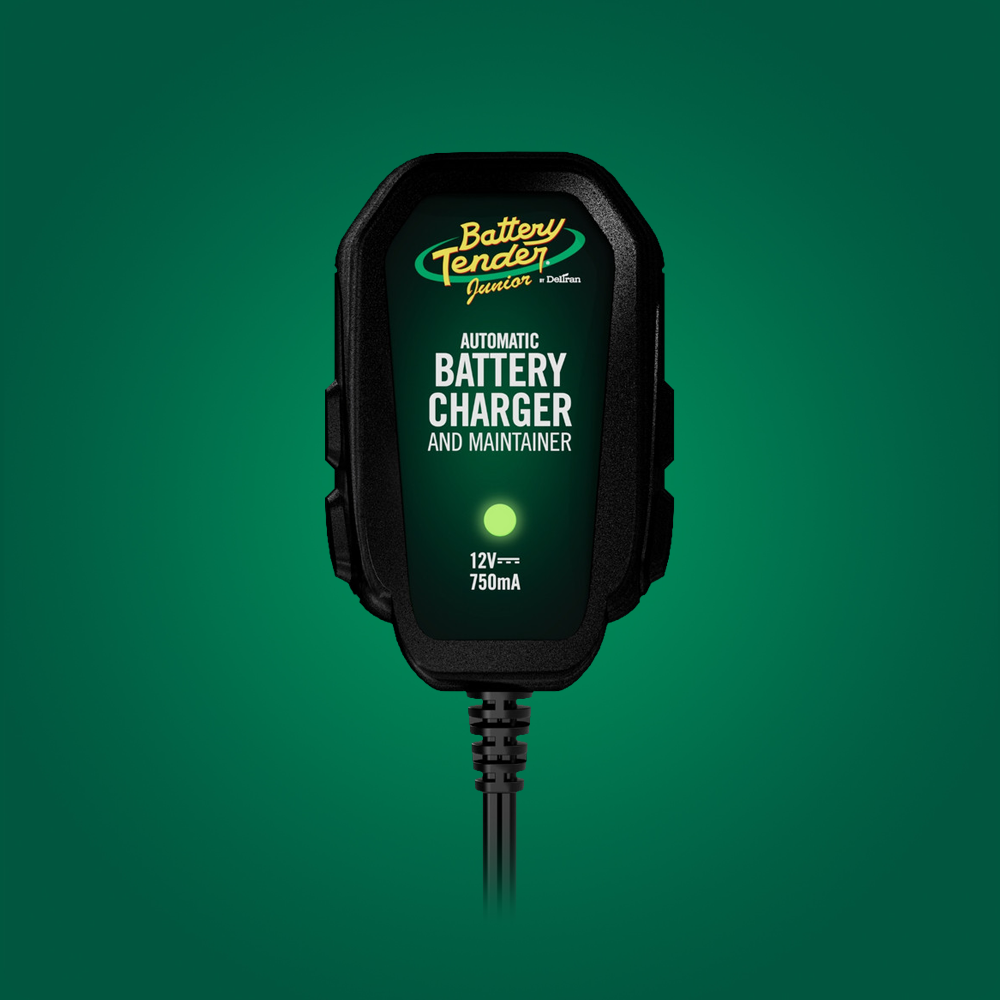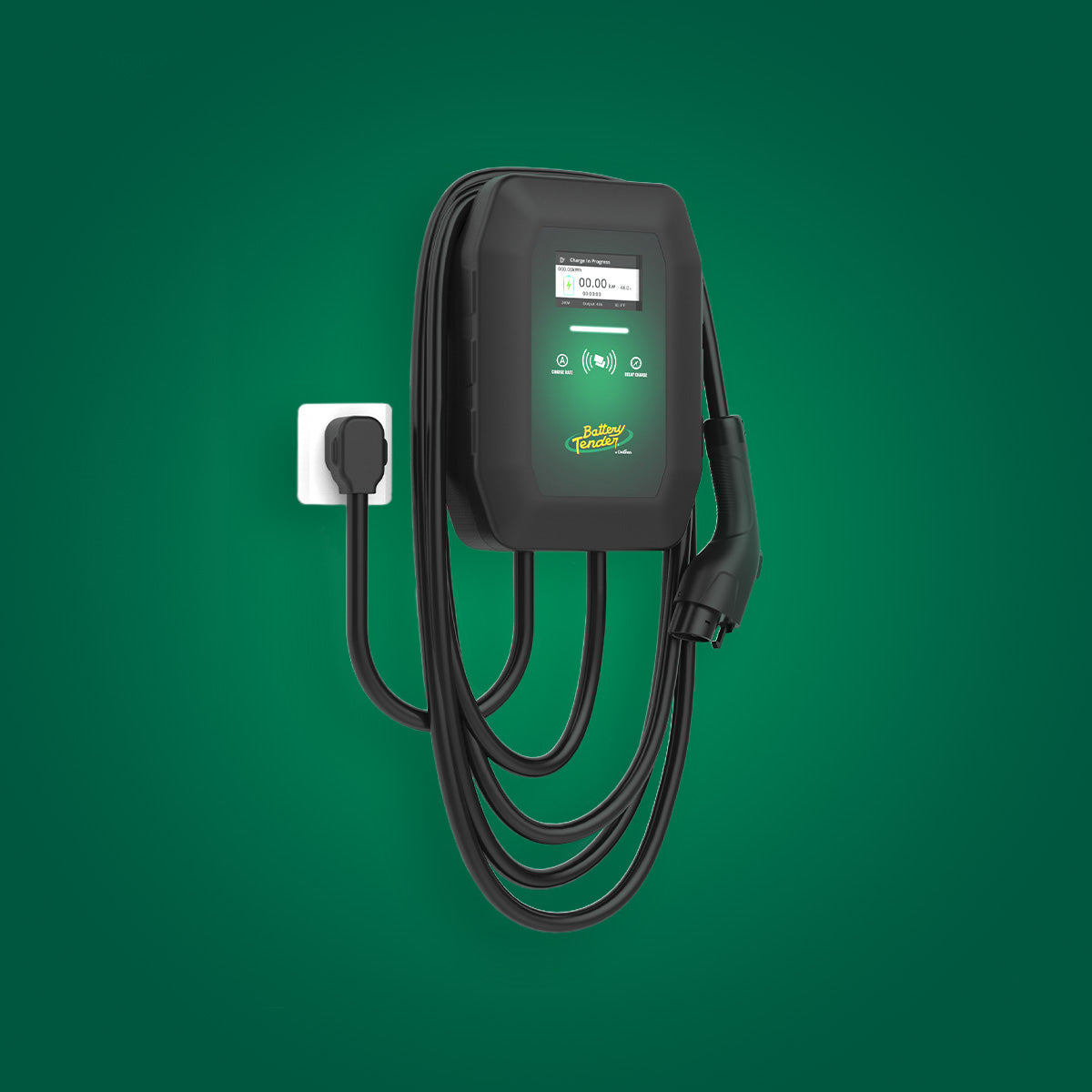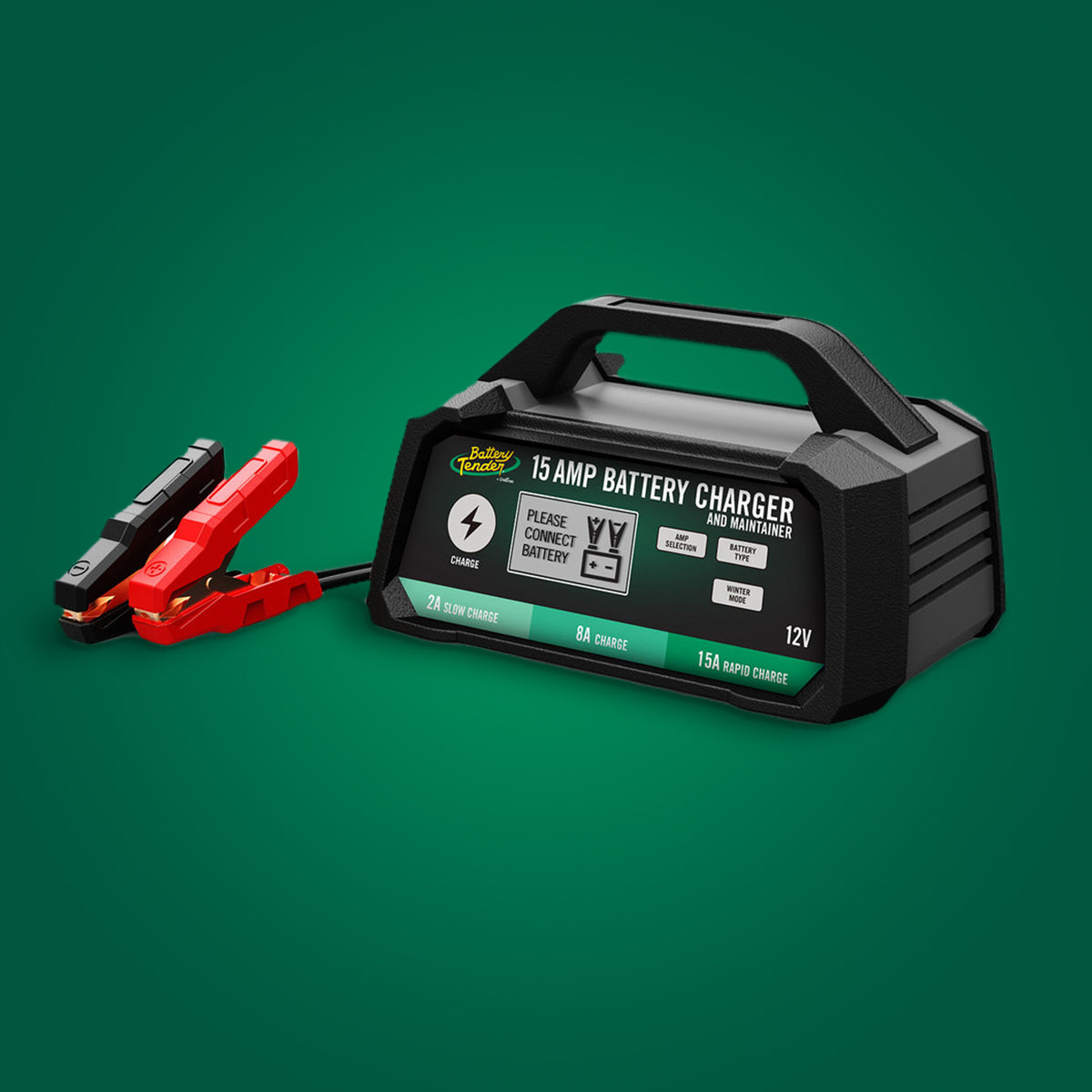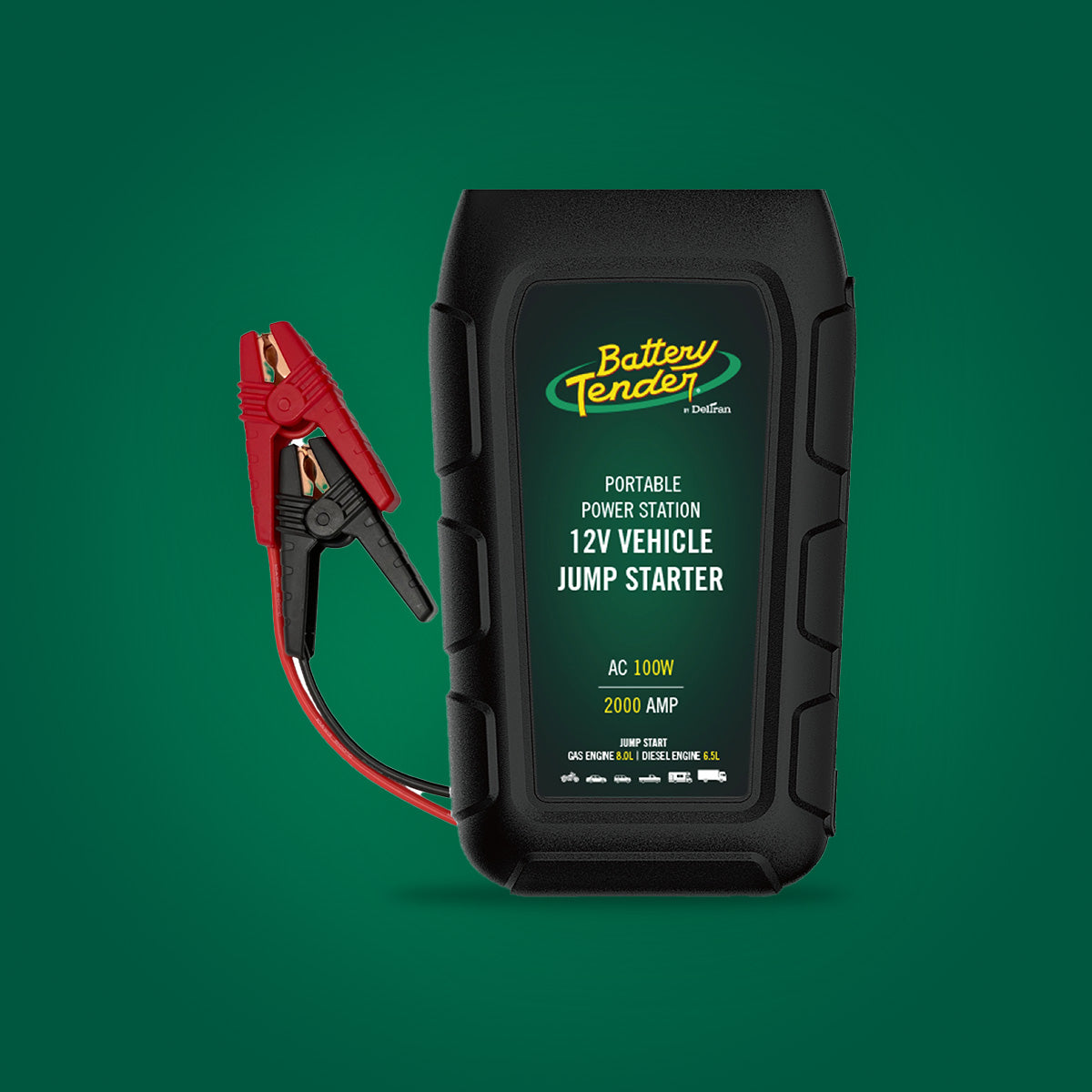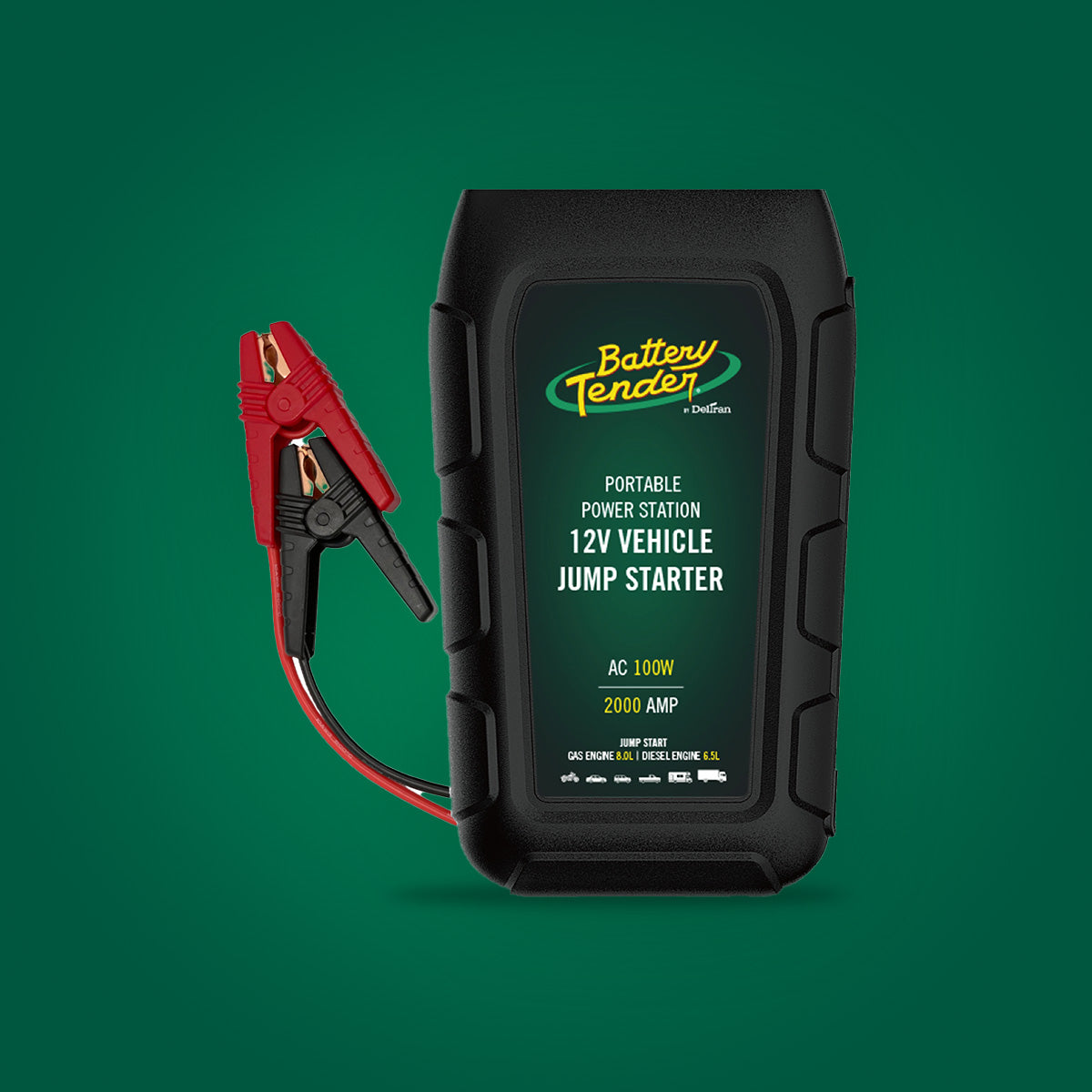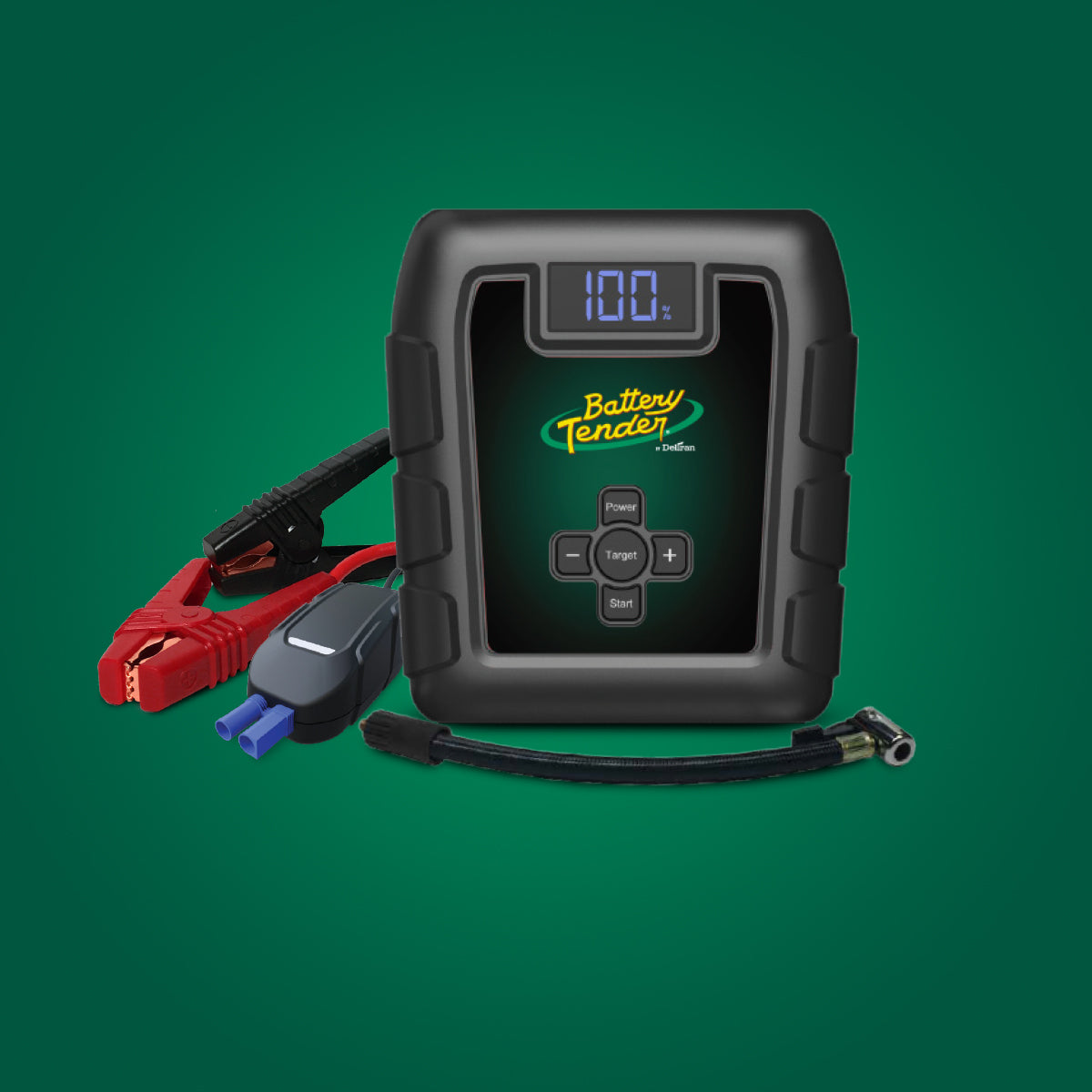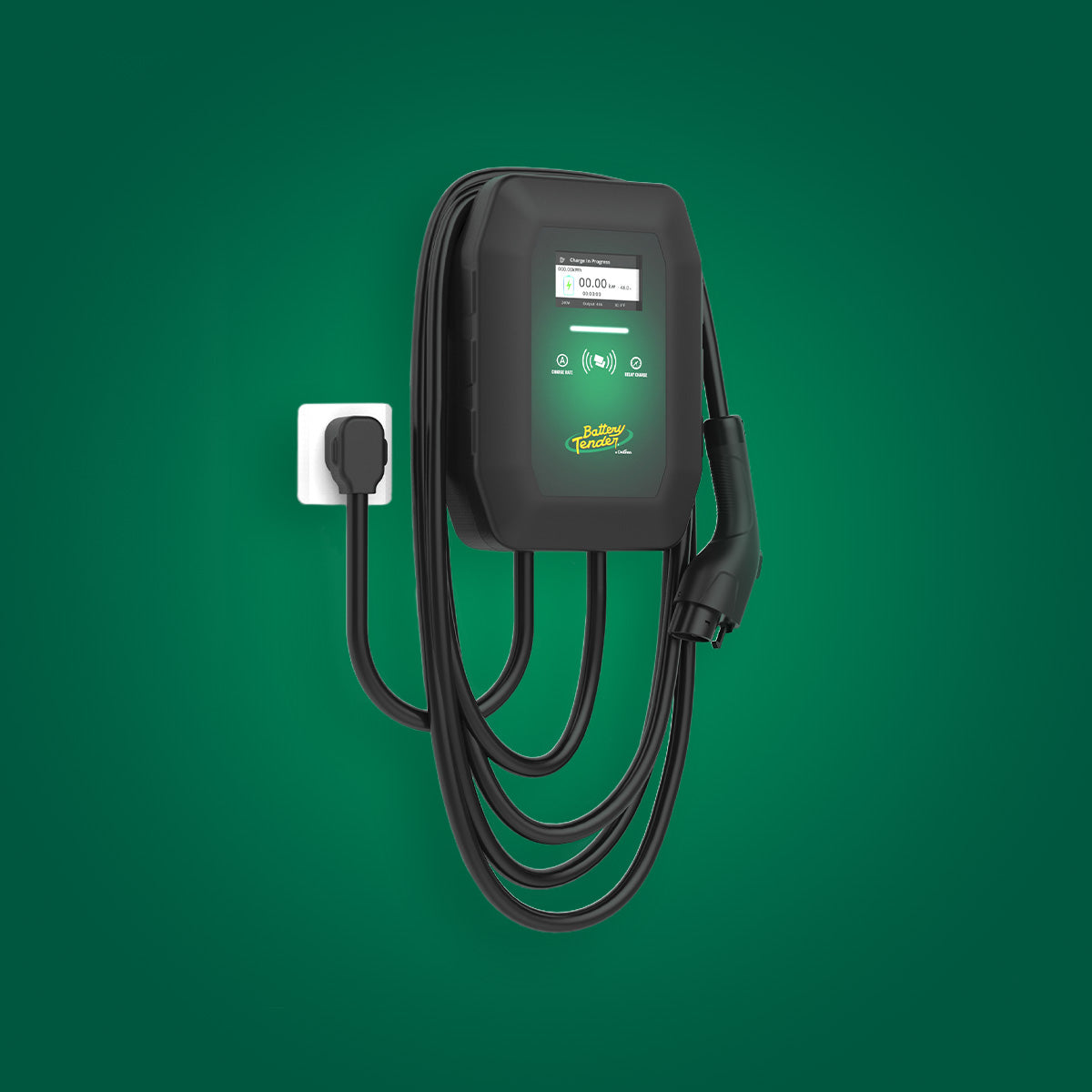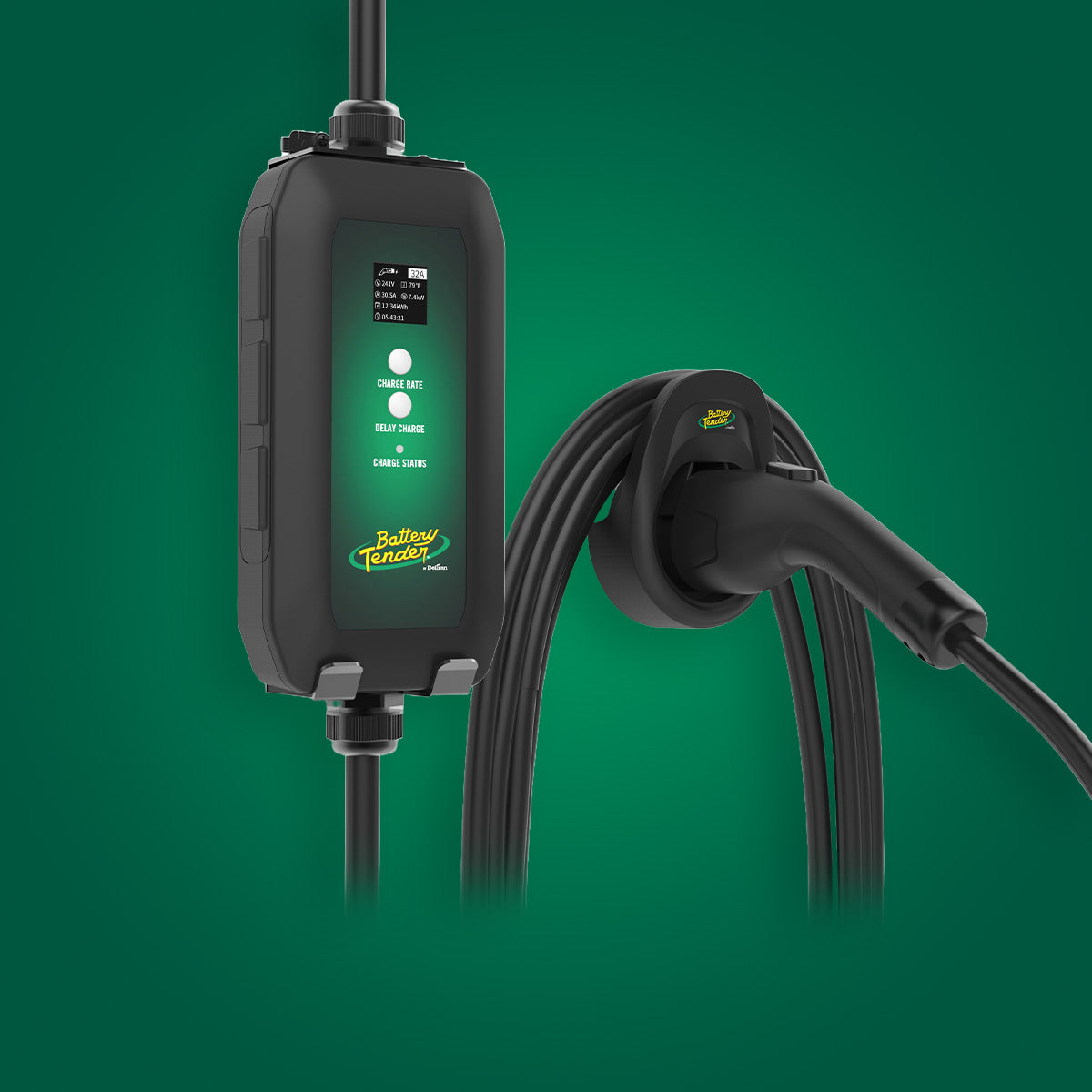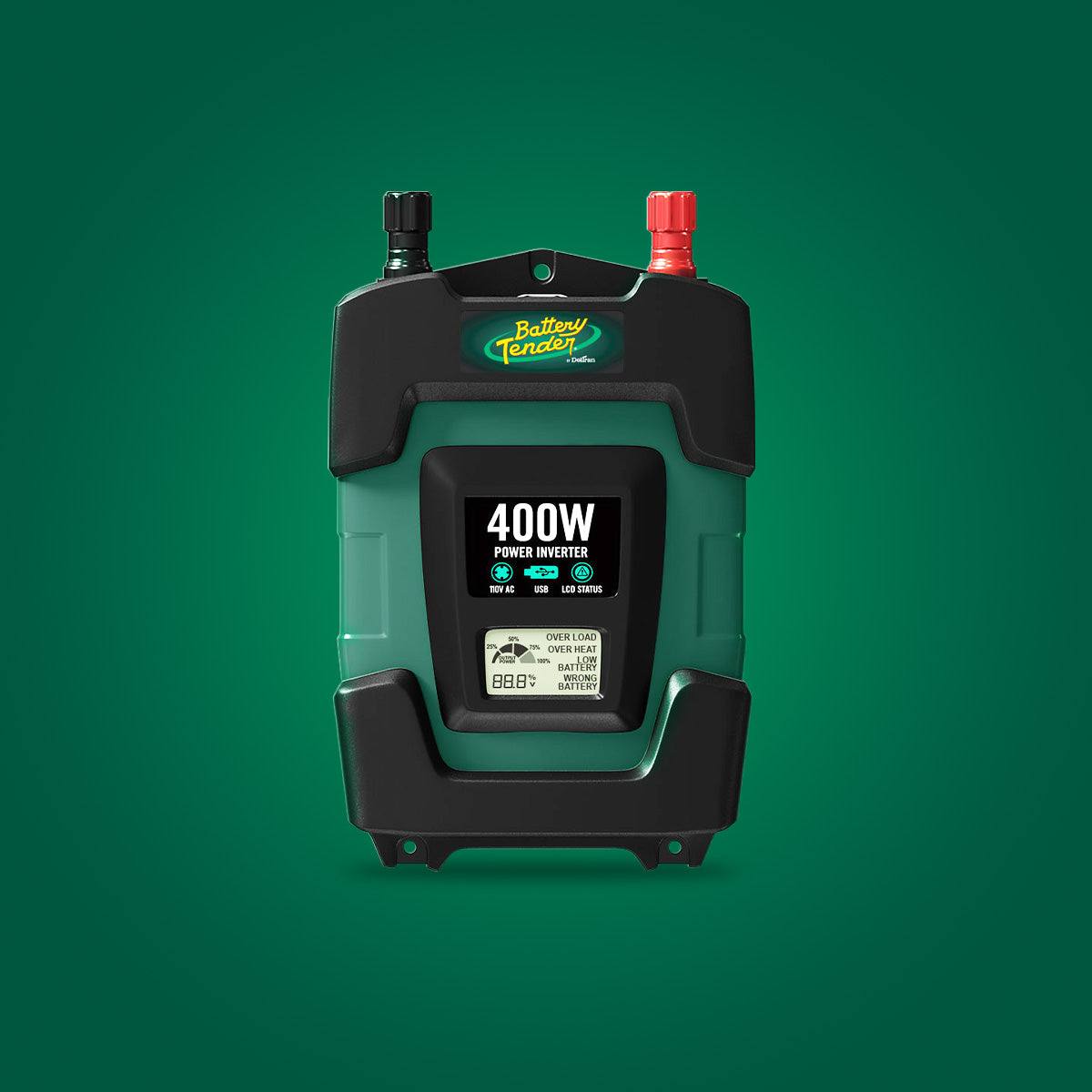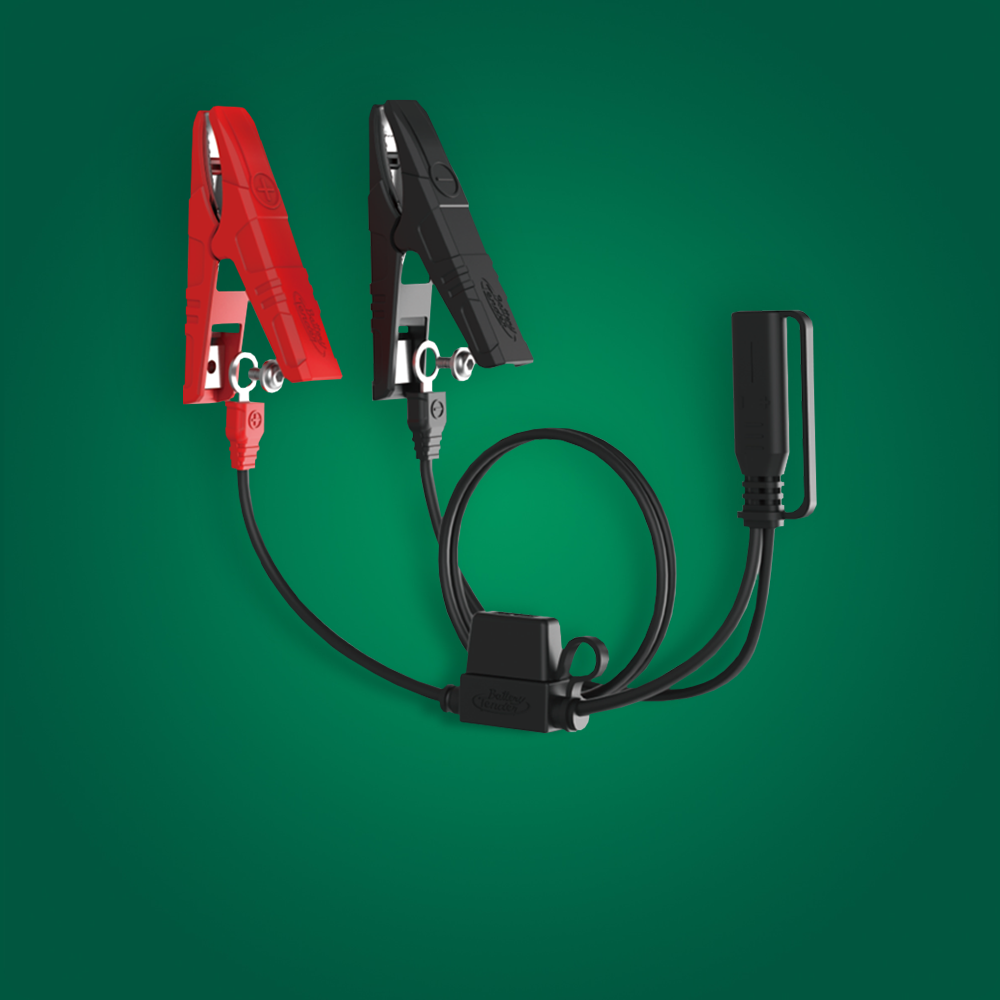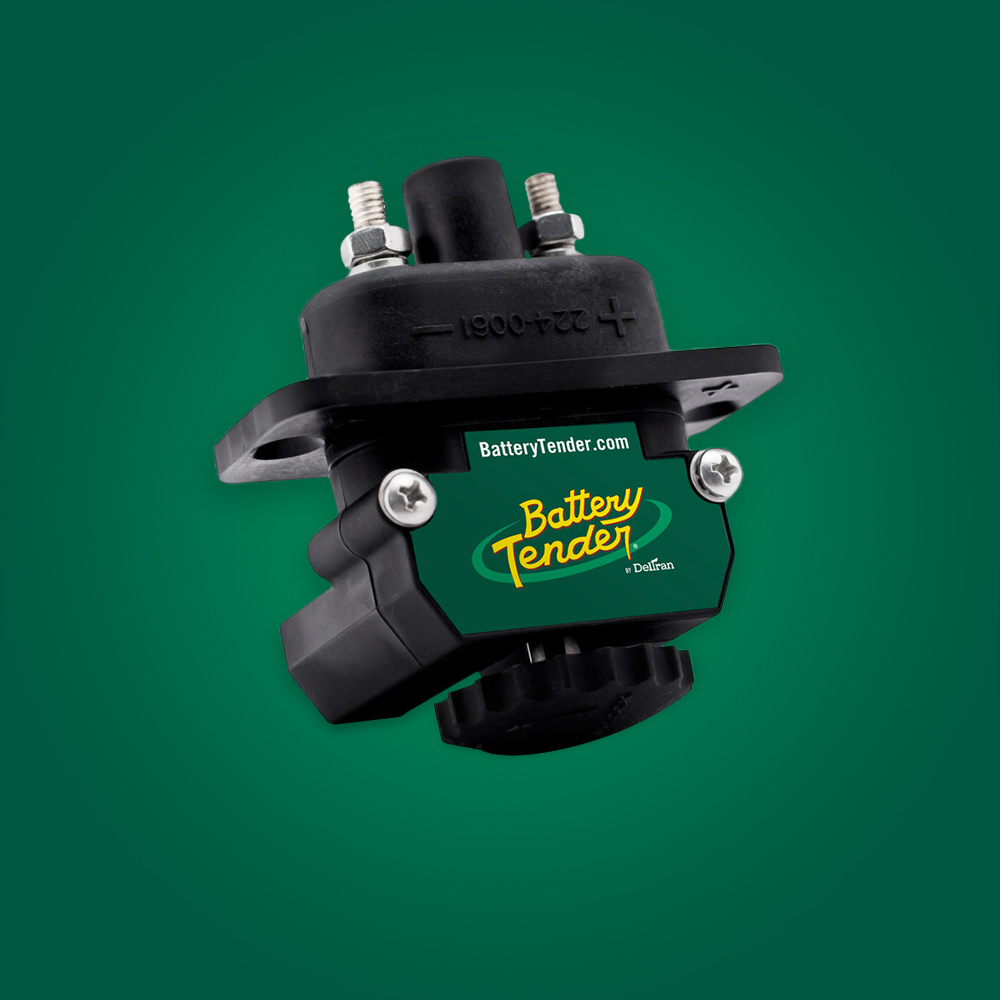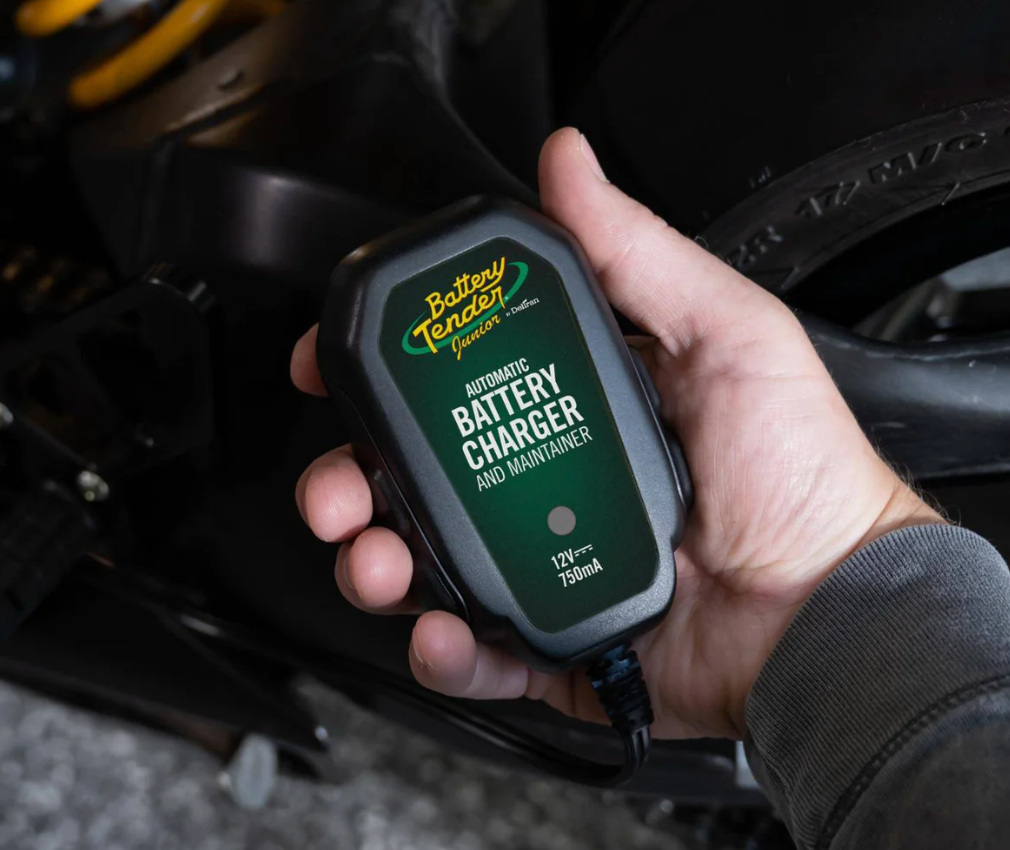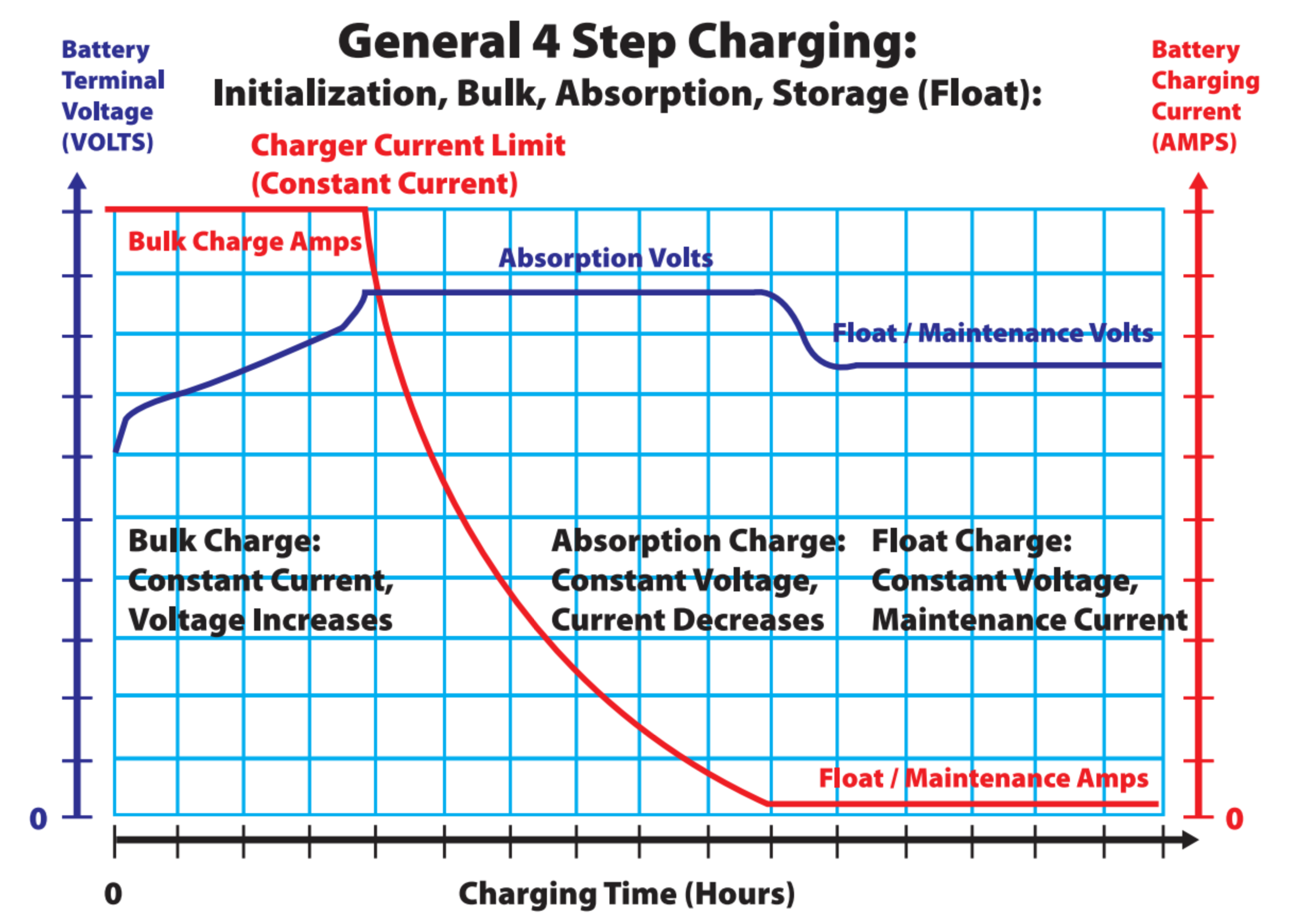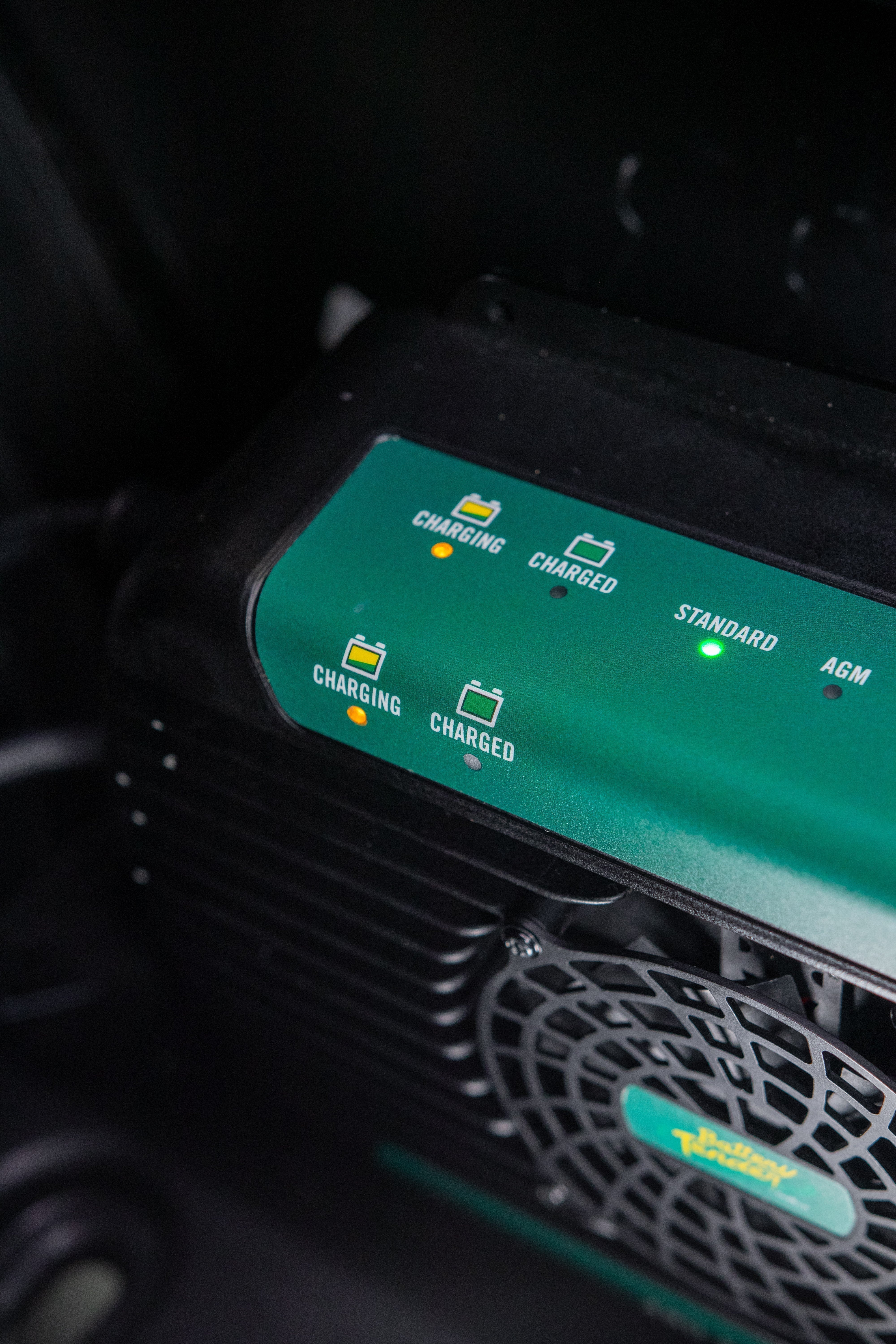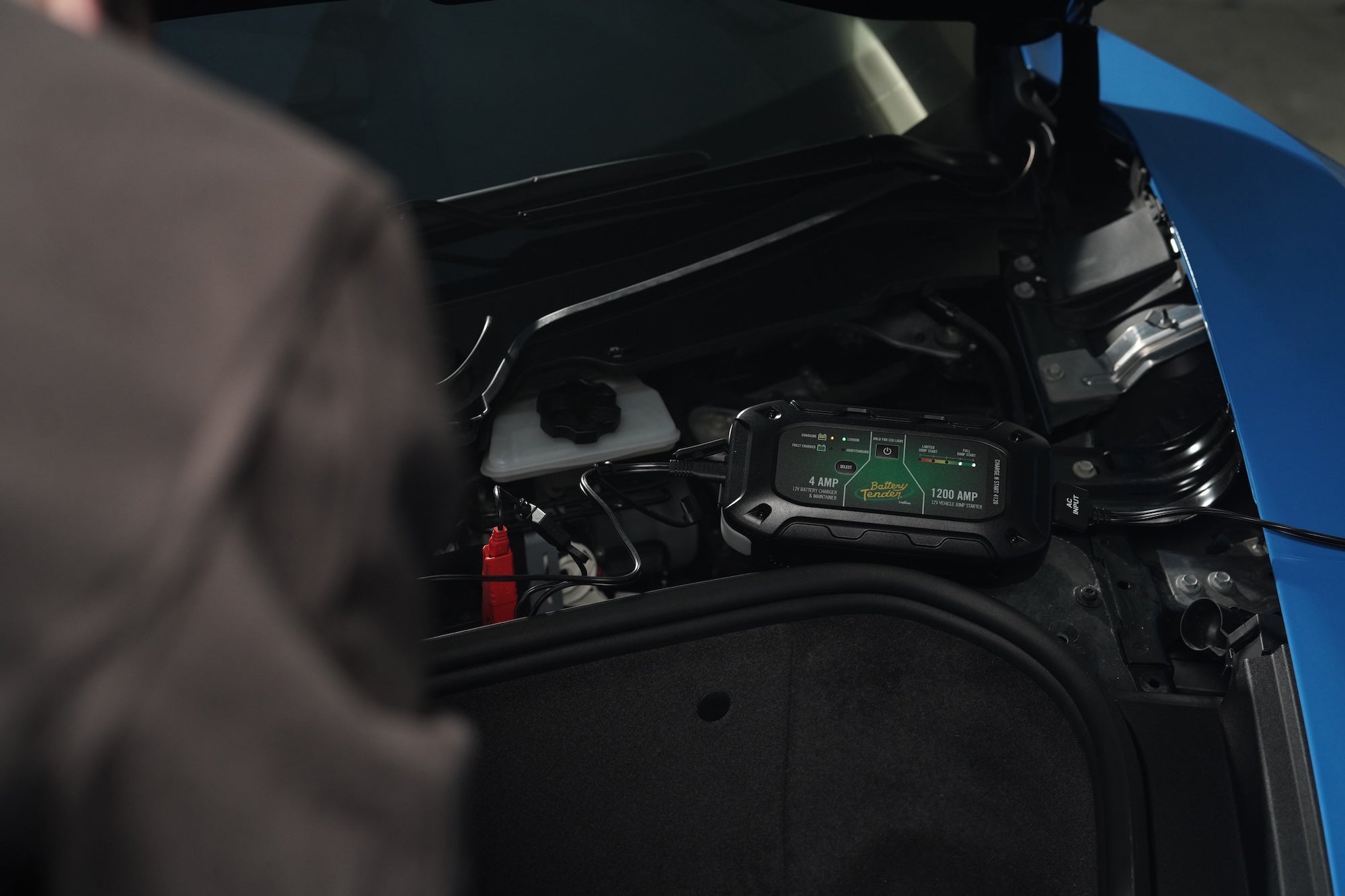Keeping your vehicle's battery in top shape is crucial, especially during periods of inactivity. Two common tools for this purpose are trickle chargers and smart chargers. While they both charge batteries, they operate quite differently. Understanding these differences can help you choose the right charger for your needs.
Trickle Chargers: The Steady, Simple Approach
A trickle charger, as the name suggests, delivers a low, constant current to your battery. This slow and steady charge is designed to offset the natural self-discharge that batteries experience over time.
-
-
How they work:
- Trickle chargers provide a fixed voltage and amperage indefinitely with no smarts to turn off.
- They continuously supply power, regardless of the battery's state of charge.
- They are generally simple and inexpensive.
-
Pros:
- Affordable.
- Simple to use.
- Effective for maintaining a battery during long periods of storage.
-
Cons:
- Risk of overcharging if left connected for too long.
- Can damage the battery if the charge rate is too high for the battery.
- Lack of advanced features.
-
How they work:
Smart Chargers: The Intelligent, Adaptive Solution
Smart chargers, like those offered by Battery Tender®, are more sophisticated devices that use microprocessors to monitor and control the charging process.
-
-
How they work:
- Smart chargers analyze the battery's voltage and charge level.
- They adjust the charging current and voltage accordingly.
- They often include multiple charging stages, such as initialization, bulk charging, absorption charging, and float charging.
- They shut off when the battery is fully charged.
-
Pros:
- Reduced risk of overcharging.
- Optimized charging for longer battery life.
- Advanced features like desulfation and diagnostic capabilities.
- Automatic shut-off.
-
Cons:
- More expensive than trickle chargers.
- Can be more complex to operate.
-
How they work:
Key Differences Summarized:
Which One Should You Choose?
-
-
Trickle Charger:
- Ideal for long-term storage of batteries in vehicles that are rarely used (e.g., classic cars, motorcycles, boats).
- Suitable for those on a tight budget.
- If you are going to use a trickle charger, it is very important to make sure to disconnect it after the battery is fully charged.
-
Smart Charger:
- Recommended for regular battery maintenance and optimal battery health.
- Best for vehicles used frequently or those with sensitive electronics.
- Ideal for those who want peace of mind and advanced features.
-
Trickle Charger:
While both trickle chargers and smart chargers maintain battery charge, smart chargers offer a significantly more advanced and safer approach. Investing in a smart charger can help extend the life of your battery and prevent costly replacements. If you’re new to the world of smart chargers, visit batterytender.com to see what options best suit your charging needs.

